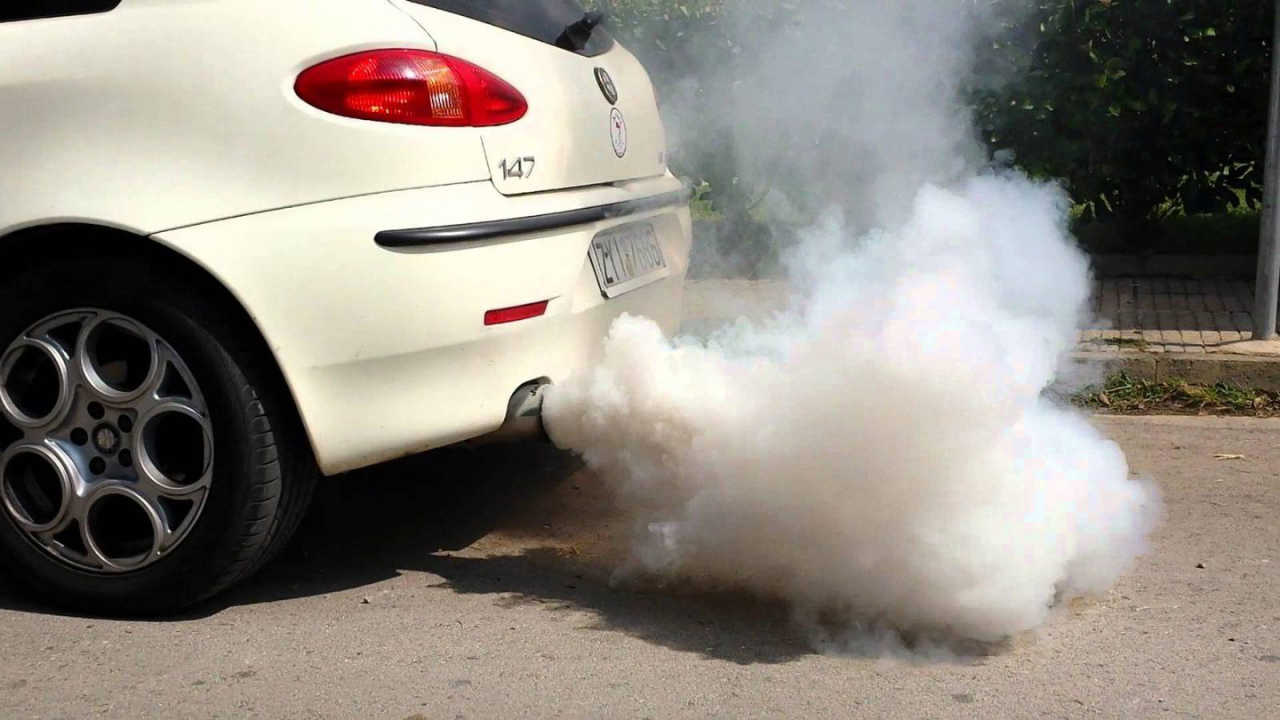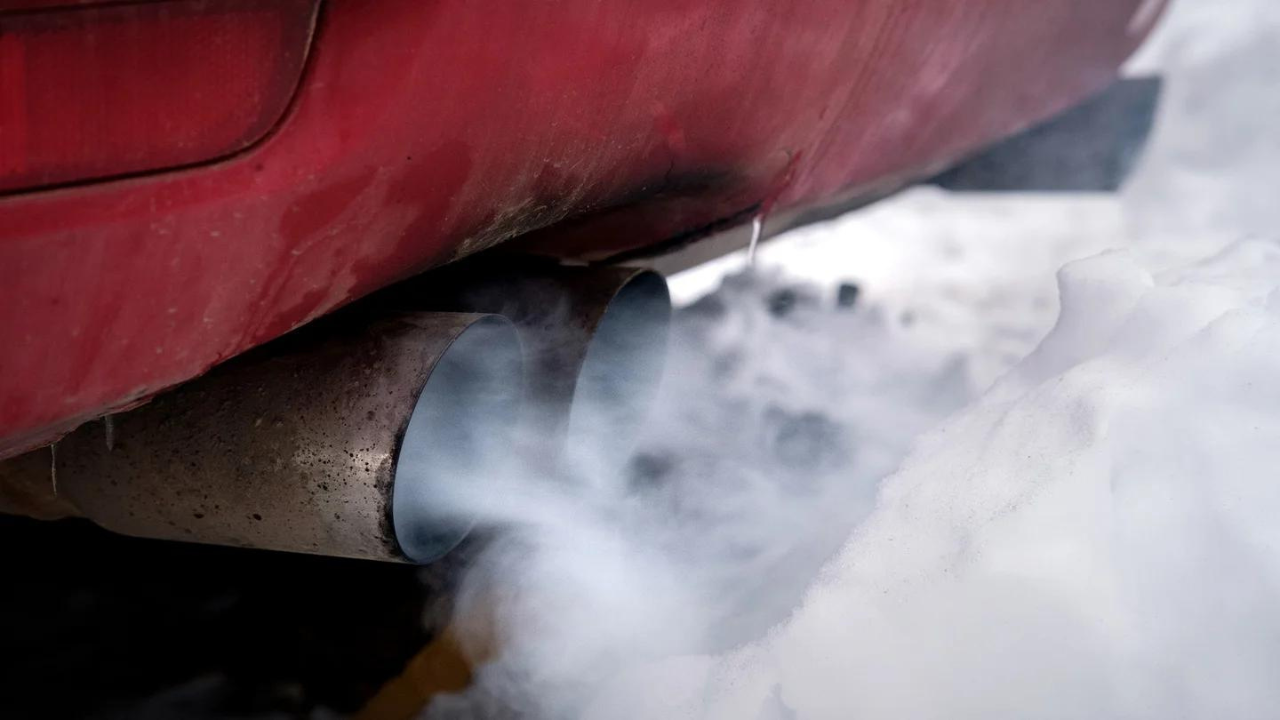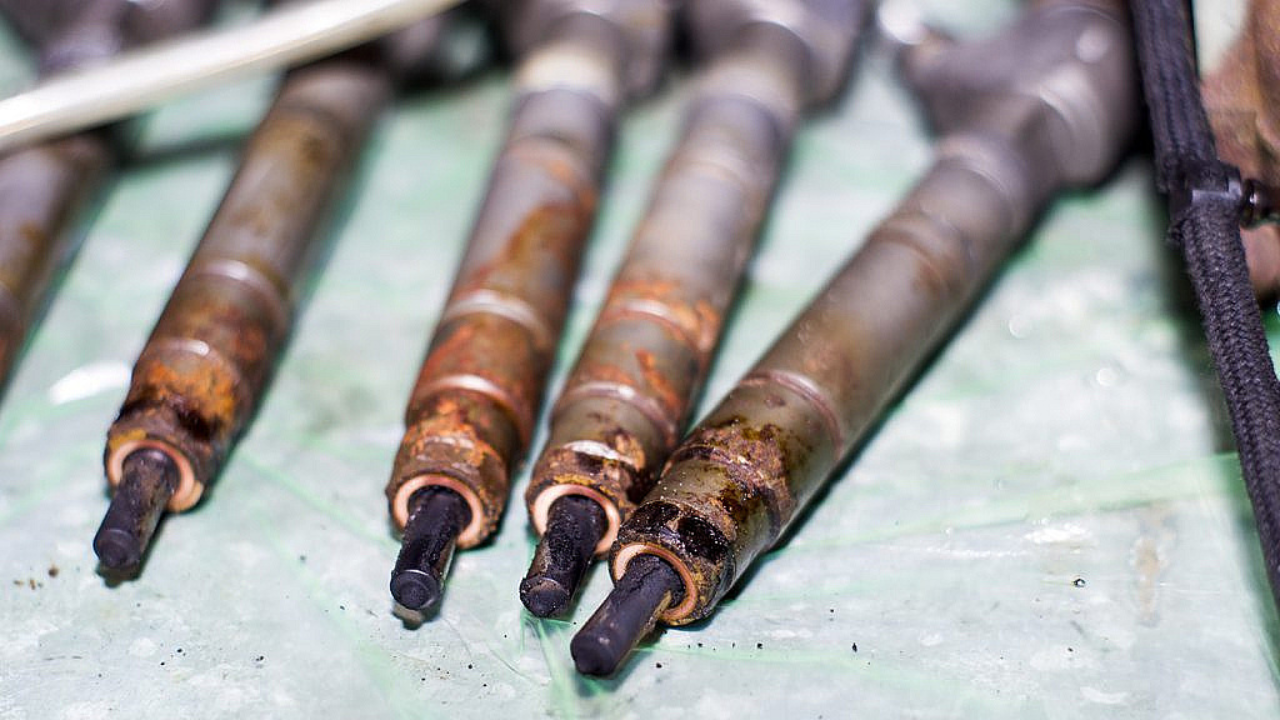When you see white smoke coming from your car’s exhaust, it can be a cause for concern. After all, smoke is usually an indication of a problem with your vehicle. However, if your car blowing white smoke but not overheating, it may not be as serious as you think. There are a few possible reasons for this phenomenon, and understanding them can help put your mind at ease. In this article, we will explore the various factors that can cause a car to blow white smoke without overheating.
We will delve into the different types of white smoke and what they could mean for your vehicle. Additionally, we will discuss the potential consequences of ignoring this issue and what steps you can take to address it. By the end of this article, you will have a better understanding of why your car may be blowing white smoke and how to resolve the issue. So, let’s dive in and uncover the mystery behind your car’s white smoke without overheating. Don’t let white smoke cloud your driving experience. Contact us for expert advice on your car troubles.
Common Causes of Car Blowing White Smoke

There are several potential reasons why a car may be blowing white smoke from the exhaust without experiencing overheating. One possible cause is a coolant leak, where coolant may be entering the combustion chamber and being burned along with the fuel. This can be due to a faulty head gasket, a cracked cylinder head, or a damaged intake manifold gasket. Another culprit could be a malfunctioning fuel injector, which can cause an overly rich fuel-air mixture and result in white smoke.
Additionally, a worn-out piston ring or valve seal can allow oil to seep into the combustion chamber, leading to white smoke emission. Lastly, if the car has been sitting idle for an extended period, condensation can accumulate in the exhaust system, causing white smoke during initial startup. These are just a few of the possible causes of white smoke from the exhaust without overheating, and it is crucial to consult with a qualified mechanic to diagnose and address the specific issue in order to ensure the optimal performance and safety of the vehicle.
Engine Coolant Leak

An engine coolant leak can be another potential reason for a car blowing white smoke from the exhaust without experiencing overheating. When there is a leak in the coolant system, coolant can seep into the combustion chamber and get burned along with the fuel, resulting in white smoke emissions. This type of leak can be caused by a variety of issues, such as a damaged radiator, a faulty water pump, a cracked coolant hose, or a deteriorated coolant reservoir.
It is important to address an engine coolant leak promptly, as continued driving with this issue can lead to overheating and potentially cause severe engine damage. A thorough inspection by a qualified mechanic is recommended to identify and fix the source of the coolant leak to prevent further complications.
Cracked Cylinder Head Gasket
A cracked cylinder head gasket can be another potential cause for a car blowing white smoke from the exhaust without experiencing overheating. The cylinder head gasket is an essential component that seals the combustion chamber and ensures the proper flow of coolant and oil within the engine. When the gasket becomes cracked or damaged, it can allow coolant to leak into the combustion chamber, resulting in the production of white smoke.
Additionally, a damaged cylinder head gasket can also lead to the mixing of coolant and oil, compromising the lubrication properties and overall performance of the engine. It is crucial to address a cracked cylinder head gasket promptly to prevent further damage to the engine and ensure safe operation of the vehicle. Seeking the expertise of a qualified mechanic is recommended to accurately diagnose and repair a cracked cylinder head gasket.
Broken Fuel Injector Seals

Broken fuel injector seals can also contribute to a car blowing white smoke from the exhaust without experiencing overheating. Fuel injectors are responsible for delivering the precise amount of fuel into the combustion chamber for efficient combustion. When the seals around the fuel injectors become worn or damaged, it can result in fuel leakage. This leakage can cause excessive fuel to enter the combustion chamber, leading to incomplete combustion and the production of white smoke.
In addition to the white smoke, other symptoms of broken fuel injector seals may include poor fuel efficiency, rough idling, and a noticeable decrease in engine performance. Prompt inspection and repair of broken fuel injector seals by a qualified technician are essential to prevent further engine damage and ensure the optimal functioning of the vehicle.
Malfunctioning PCV Valve System
A malfunctioning PCV (Positive Crankcase Ventilation) valve system can also be a culprit when it comes to a car blowing white smoke from the exhaust without experiencing overheating. The PCV valve plays a crucial role in controlling the release of harmful gases and maintaining the proper pressure within the engine’s crankcase. When the PCV valve or its associated components become faulty, it can lead to an imbalance in the air-fuel mixture and cause the engine to burn oil excessively.
This excessive oil burning generates white smoke that is expelled through the exhaust. Along with the white smoke, other symptoms of a malfunctioning PCV valve system may include a decrease in fuel efficiency, a rough running engine, and a noticeable oil smell. It is important to have the PCV valve system inspected and repaired by a qualified mechanic to prevent further engine damage and restore the proper functioning of the vehicle.
Final Words
A car blowing white smoke but not overheating can be a cause for concern and should not be ignored. It is important to properly diagnose the issue and address it promptly to avoid any further damage to your vehicle. By understanding the potential causes and seeking professional help, you can ensure the safety and functionality of your car.
Regular maintenance and upkeep can also help prevent this issue from occurring in the future. Be sure to consult a professional mechanic for any concerning car issues to ensure the longevity of your vehicle.

